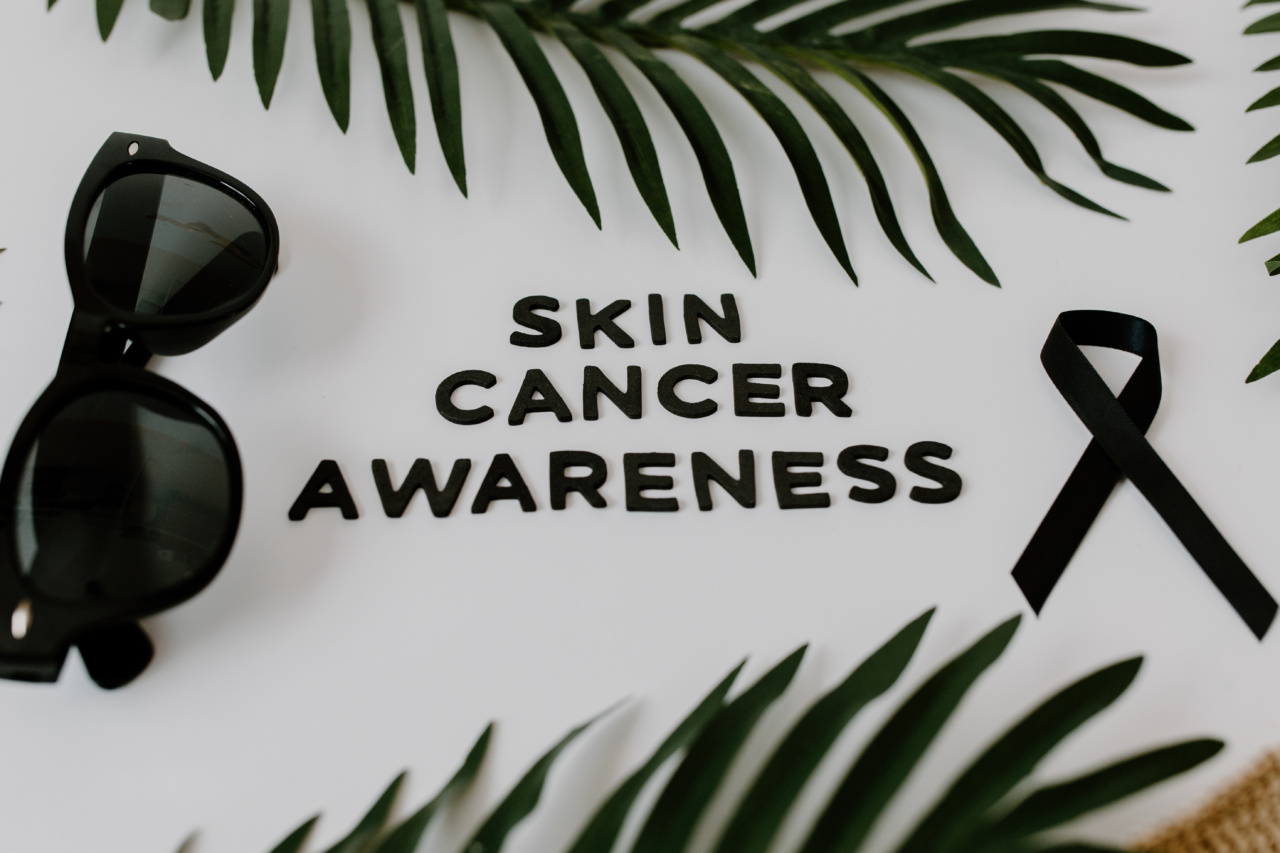Cancer is a disease that affects millions of people worldwide. According to the World Health Organization (WHO), cancer is the second leading cause of death globally, accounting for approximately 9.6 million deaths in 2018.
Although significant progress has been made in cancer treatments over the years, there is still so much to be learned about how to prevent and treat this disease. Recent studies have found that cholesterol, a substance that has been traditionally seen as harmful, may have some benefits in the war against cancer.
What is Cholesterol?
Before we delve into the benefits of cholesterol, it’s important to understand what it is. Cholesterol is a type of fat found in the blood. It’s essential for various bodily functions, including cell growth and hormone production.
The liver produces cholesterol, and it can also be obtained from the food we eat. High levels of cholesterol in the blood have been linked to various health problems, including heart disease and stroke.
The Connection Between Cholesterol and Cancer
Studies have found that there is a link between high cholesterol levels and cancer. Researchers have found that cancer cells require cholesterol to grow and divide.
Cholesterol plays a vital role in the cell membrane, aiding in the formation and maintenance of its structure. Therefore, cancer cells require an adequate supply of cholesterol to build new cell membranes as they proliferate.
However, recent studies have found that there is a flip side to this. While cancer cells require cholesterol to grow and divide, high levels of cholesterol may also be toxic to them.
Some studies have found that high cholesterol levels in the blood may be linked to a lower risk of certain cancers, including breast and prostate cancer.
The Benefits of Cholesterol in the War Against Cancer
Over the years, researchers have come up with various ways to target and kill cancer cells. One of the most promising methods is by using cholesterol-lowering drugs, also known as statins.
Statins are a class of drugs commonly used to lower cholesterol levels in the blood. However, recent studies have found that statins may have benefits in the war against cancer.
Studies have found that statins can inhibit cancer cell growth by reducing the amount of cholesterol available to the cancer cells. This can lead to a decrease in the production of new cells, which can result in the death of cancer cells.
In addition to this, statins can also target other mechanisms involved in cancer cell growth, such as inflammation and blood vessel formation.
Research has shown that statins may be effective in treating various forms of cancer, including prostate, breast, and colon cancer. For example, a study conducted in 2015 found that statins can reduce the risk of death from prostate cancer by up to 40%.
Another study conducted in 2012 found that statins can reduce the risk of breast cancer recurrence by up to 22%.
The Risks of Cholesterol-lowering Drugs
While statins have shown promise in the fight against cancer, they are not without risks. Like all drugs, statins can have side effects, including muscle pain, liver damage, and an increased risk of diabetes.
Therefore, it’s important to discuss the risks and benefits of taking cholesterol-lowering drugs with your doctor.
Other Ways to Lower Cholesterol Naturally
For those who are not keen on taking cholesterol-lowering drugs, there are other ways to lower cholesterol levels naturally.
One of the most effective ways is to adopt a healthy lifestyle, which includes following a healthy diet and exercising regularly. Foods that are high in fiber, such as oatmeal, beans, and fruits, can help lower cholesterol levels. In addition to this, regular physical exercise can also help reduce cholesterol levels in the blood.
The Bottom Line
Cancer is a deadly disease that affects millions of people worldwide. While significant progress has been made in cancer treatments, there is still so much to be learned about how to prevent and treat this disease.
Recent studies have found that cholesterol, a substance that has been traditionally seen as harmful, may have some benefits in the war against cancer. Cholesterol-lowering drugs, such as statins, have shown promise in inhibiting cancer cell growth. However, these drugs are not without risks.
Therefore, it’s important to discuss the risks and benefits of taking cholesterol-lowering drugs with your doctor. For those who are not keen on taking drugs, adopting a healthy lifestyle can also help lower cholesterol levels naturally.































